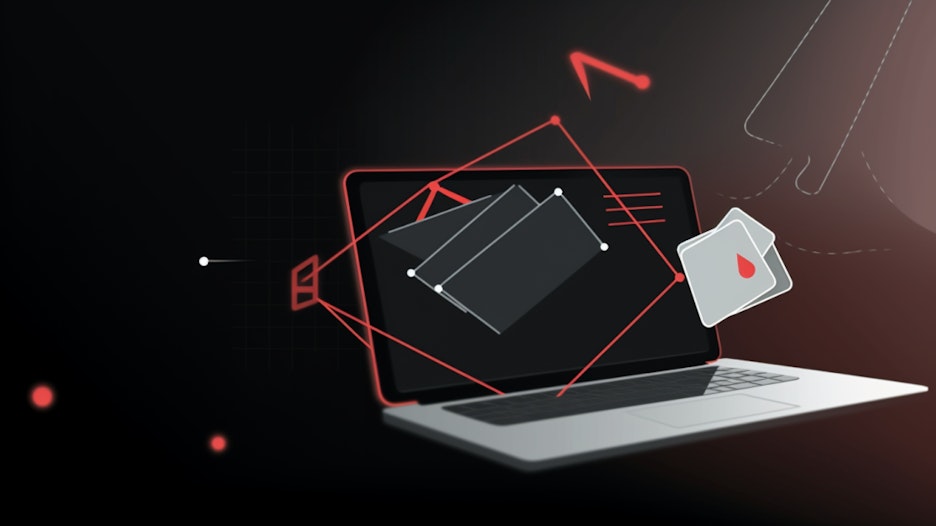News - Criticism of Ledger: is the criticism justified?
By
Criticism of Ledger: is the criticism justified?
A media shitstorm has erupted around hardware wallet manufacturer Ledger. There is talk on Twitter of betrayal and boycott. Is the criticism exaggerated?
De hardware wallet manufacturer Ledger has committed a mortal sin. At least that is how the comment on the newly introduced "Ledger Recover" feature.
In a nutshell, it involves allowing Ledger customers to optionally order a backup of their seed phrase. The seed phrase is divided into three parts and given to individual service providers for safekeeping. In case of loss, they can then be recovered through classic KYC procedures, i.e. identity cards using the video identification procedure.
Ledger and the treason
The mere possibility that Ledger offers this service as an option is an embarrassment to many orthodox crypto enthusiasts. After all, self-custody of private keys has the highest priority. Retention by third-party service providers, on the other hand, violates the imperative of autonomy and decentralization. That Ledger, which with its hardware wallets has made precisely this form of self-custody suitable for the masses, now offers a third-party option is seen in social media as a betrayal and calls for boycotts.
More emotion than factual arguments
It is perfectly legitimate to question and criticize Ledger's move. Is the new interface introduced by the company update really secure or does it open up a dangerous attack vector? Exactly such questions are now on the table.
However, calls for boycotts and insults do not belong on the table. The emotional reactions can only be explained by the fact that some crypto-enthusiasts feel that their ideology is under attack. No one is being forced to use Ledger's new service and therefore the reactions can be considered exaggerated.
Ledger is not a religious community
Angry Ledger critics ignore the fact that Ledger is merely responding to a market demand. A company does not act solely out of idealistic motives. Companies that do have a very short lifespan.
Instead, Ledger, like any successful company, is trying to meet a market demand as best it can. If internal research and market surveys show that many crypto users do not trust themselves to provide secure storage, then Ledger Recover's move is only logical.
After all, Ledger only received $100 million in funding in March of this year, mainly to attract new customers. Especially since it should be in the interest of the entire crypto sector that Bitcoin adoption continues to increase. To achieve that, new products are needed, in doubt with less self-custody.
Self-preservation: between wish and reality
The reason for this is quite simple: not everyone wants to take full responsibility for the safekeeping of their assets. Therefore, not everyone keeps their gold bars at home, but some prefer to store them in vaults at their bank. Of course, this introduces new risks - the bank might refuse access, for example - but it is not the case that there are no risks in self-storage.
Because on the other hand, many people also tend to overestimate themselves. Some people proudly tell their friends that they have lost their private keys keep only themselves. In reality, however, they often store their private keys in Word or Google Doc on the family computer, ideally in the cloud. Some convinced self-storers store their private keys or seed phrases so securely that they cannot find them themselves. One can only guess at the number of unreported cases of lost Bitcoins due to unprofessional self-preservation, but it will always be high.
Those who consider themselves capable of doing so and also willing to take responsibility for their digital possessions can safely disregard Ledger's new service. The angry Ledger critics are quite right: self-preservation is the safest form of safekeeping. With the addition: if you do it right.






